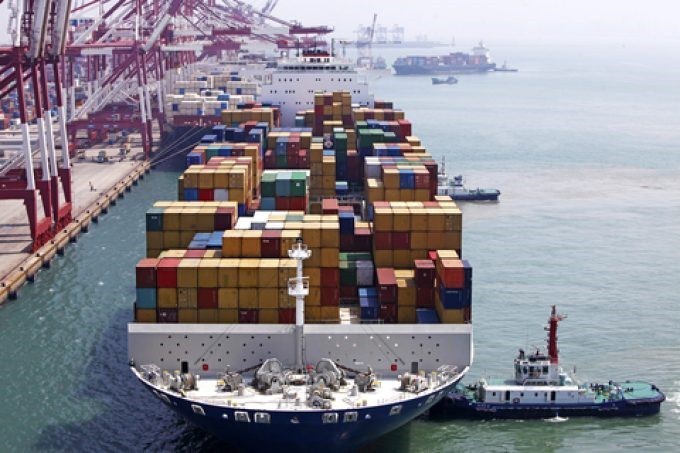| Global container lines thrive despite signs of falling freight rates Carriers' pricing power erodes as Red Sea conflict continues |
As the Red Sea crisis continues to push up spot container rates, carriers have largely abandoned the tactic of using blank sailings to match supply to demand, according to new analysis from Sea-Intelligence.
The structural overcapacity facing the shipping industry has been largely alleviated by Houthi attacks on shipping in the Red Sea, forcing ships to divert around the Cape of Good Hope. And while these routes directly hit Asia-Northern Europe, Asia-Mediterranean and some Asia-Eastern US trades, a ripple effect has been seen spreading to other trade routes.
Alan Murphy, CEO of Sea-Intelligence, said that on the Asia-North America West Coast, there has been a clear systematic trend of declining sailings since 2022. This trend continues and shows that the level is now almost zero.
 |
| Carriers seek short-term gains as Red Sea crisis pushes freight rates higher |
Even when taking a four-week running average to smooth out the volatility, the basic trend remains the same – the number of train cancellations has fallen sharply in recent weeks.
It appears that in the current market environment, carriers are trying to make the most of relatively higher rates by not restricting capacity. However, the likely outcome is that there will be continued downward pressure on spot rates. Figures from eeSea’s database support the assertion that of the 180 sailings advertised on the Asia-North America west coast in April, 11 were left blank, and 11 of the 190 advertised sailings for May were left blank.
On the Asia-North Europe trade, only five sailings have been cancelled this month, out of 84, while next month, there have been no cancellations so far out of 92 advertised sailings. It’s a similar picture on the Asia-Mediterranean trade: six sailings have been cancelled in April, out of 95 scheduled sailings, and six sailings have been cancelled out of 102 advertised sailings so far in May.
There are still a number of cancellations – or misses – underway, but these appear to be largely due to port issues rather than attempts to influence spot rates. On April 21, the world’s second-largest container line MSC announced that next week’s sailing of 2M’s Asia-Europe sweeper AE55/Griffin would be missed due to ongoing challenging market conditions that are causing congestion and schedule delays across the supply chain.
The key question, of course, is what shipping lines will do if the Red Sea crisis ends and the true extent of the overcapacity is revealed – although with the MSC Aries being detained at the weekend, a resolution to the conflict seems further away than ever.
Source



![[Photo] National Assembly Chairman Tran Thanh Man attends the VinFuture 2025 Award Ceremony](/_next/image?url=https%3A%2F%2Fvphoto.vietnam.vn%2Fthumb%2F1200x675%2Fvietnam%2Fresource%2FIMAGE%2F2025%2F12%2F05%2F1764951162416_2628509768338816493-6995-jpg.webp&w=3840&q=75)

![[Photo] 60th Anniversary of the Founding of the Vietnam Association of Photographic Artists](/_next/image?url=https%3A%2F%2Fvphoto.vietnam.vn%2Fthumb%2F1200x675%2Fvietnam%2Fresource%2FIMAGE%2F2025%2F12%2F05%2F1764935864512_a1-bnd-0841-9740-jpg.webp&w=3840&q=75)


































































































Comment (0)